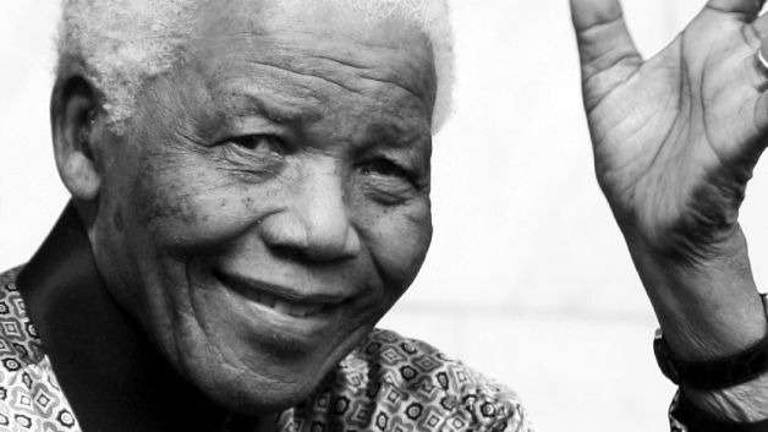Nelson Mandela: An appreciation

When Nelson Mandela died on Dec. 5 at the age of 95, headlines invariably mentioned his long life.
But even more impressive, to me, was his age way back in 1990, when he was released after 27 long years behind bars.
Recalling that day, Mandela once said: “As I finally walked through those gates to enter a car on the other side, I felt – even at the age of seventy-one – that my life was beginning anew.”
I have just turned 73. Most people my age feel that their lives are winding to a close; that it is time to wrap things up.
Many even talk about putting up their feet. They feel they’ve done their part and made their contribution to society.
In contrast to this, at a juncture when most people in his position would be happy to settle into retirement, Mandela emerged from prison with the energy of a young statesmen – bent on liberating his people, healing his divided land, and uniting a whole continent in the fight against hunger, infant mortality and AIDS.
When I speak to high school students about the importance of finding good role models, I often draw on Nelson Mandela’s amazing life. There are few better examples I can think of when it comes to personal sacrifice, tenacity, and – most significant – the readiness to be a peacemaker.
Here was a black man who suffered the worst excesses of racial cruelty and humiliation, and once vowed to overthrow his white oppressors by violent means.
And yet, through suffering, he discovered the common bonds that link all humans – even prisoners and guards – and eventually became one of his century’s most zealous advocates for forgiveness and reconciliation. (As a writer, the endorsement I have treasured most is Mandela’s encouraging response to my book "Why Forgive?")
Certainly Mandela had feet of clay just like the rest of us. He was far from perfect: his private life saw plenty of turmoil, including three marriages and two divorces.
But he was also humble enough to acknowledge this. “I am not a saint,” he once said, “unless you think of a saint as a sinner who keeps on trying.”
Despite his all-too-human flaws, he gave himself tirelessly, year after year, and ended up inspiring millions. How many people can claim to be their country’s most notorious prisoner, its best-known president and its most revered peacemaker?
In the end, of course, fame and honor count for very little. Mandela’s influence has been on the wane for years, and the country he once led is as embattled as ever – riddled with pockets of violence and still deeply divided.
As a new generation struggles to pick up and carry his torch, his legacy is already being undermined.
So the challenge of Mandela’s life remains, and not only for South Africans.
Whether famous or obscure, and whether we have one year or twenty (or even fifty) ahead of us, life calls each of us to keep shining our light and bearing fruit – and to keep striving for the kind of sainthood Mandela embodied: as sinners who keep on trying.
Johann Christoph Arnold
Senior Pastor
Bruderhof communities, Rifton